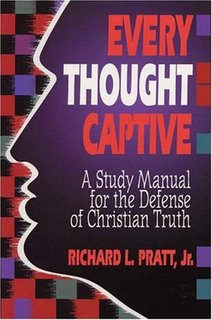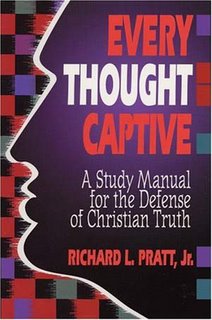Busy Day

Today is quite an unusual day. Today I will have made two trips to the airport. The first, which I have just returned from, was to take my parents to the airport.
 My parent's story is quite an amazing one. It started well over a year ago when my parents told us (my brother, myself, and my wife to be) that they had decided to adopt a little girl from China. Our first reaction, to be frank, was shock. But it did not take long for the shock to subside, and the excitement to take over. This leads us to today. I have just returned from taking my parents to the airport where they will hop on a flight to California where they will then leace for China. In just over two weeks they will be home, and we will have our new sister Grace Elyse Shirley. We will not be able to talk on the phone with Moma and Dad so we have started a blog to stay in contact. We would love for you to participate in this process with us, and I sure under the circumstance you will enjoy a "where I am now post."
My parent's story is quite an amazing one. It started well over a year ago when my parents told us (my brother, myself, and my wife to be) that they had decided to adopt a little girl from China. Our first reaction, to be frank, was shock. But it did not take long for the shock to subside, and the excitement to take over. This leads us to today. I have just returned from taking my parents to the airport where they will hop on a flight to California where they will then leace for China. In just over two weeks they will be home, and we will have our new sister Grace Elyse Shirley. We will not be able to talk on the phone with Moma and Dad so we have started a blog to stay in contact. We would love for you to participate in this process with us, and I sure under the circumstance you will enjoy a "where I am now post."My second trip to the airport will be this afternoon for myself.
 I will be heading out to California myself for the Shepherd's Conference. I am very excited, but at the same time I will miss my wife. In fact, for a very special reason I feel bad leaving her at home; she is pregnant! She is almost 8 weeks along, and we could not be more excited. After losing a baby last year we are happy that this pregnancy seems to be so strong. Last Wednesday we weny for our first sonogram. My child is about 1.5 inches long and has a strong heart beat. We went straight from there to kinkos. I made 12 blown up copies of the sonogram; I am not sure what I am going to do with them but I have them. What a gift it is from God to be respobsible for a life.
I will be heading out to California myself for the Shepherd's Conference. I am very excited, but at the same time I will miss my wife. In fact, for a very special reason I feel bad leaving her at home; she is pregnant! She is almost 8 weeks along, and we could not be more excited. After losing a baby last year we are happy that this pregnancy seems to be so strong. Last Wednesday we weny for our first sonogram. My child is about 1.5 inches long and has a strong heart beat. We went straight from there to kinkos. I made 12 blown up copies of the sonogram; I am not sure what I am going to do with them but I have them. What a gift it is from God to be respobsible for a life.This is a very exciting time for our family, and we praise God for the gifts that He has given us. I am so thankful for a new sister, and a new child of my own. We are fervently praying that just as my parents are adopting Grace into the Shirley family that God will adopt both Grace and our child into His family.
Don't forget to keep up with The Shirley's Adventure to Grace Elyse.

Grace










